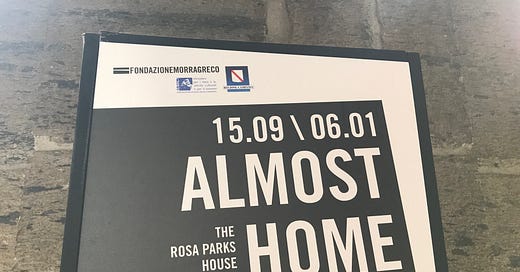Naples is the last place I would expect to see something related to the struggle for Civil Rights in America. But there I was in the San Ferdinando district, admiring The Royal Palace from the 17th C…
© 2025 Jan Peppler
Substack is the home for great culture



